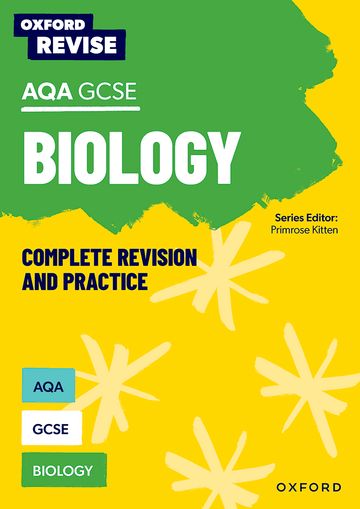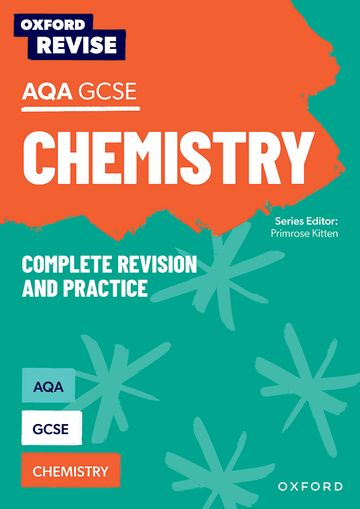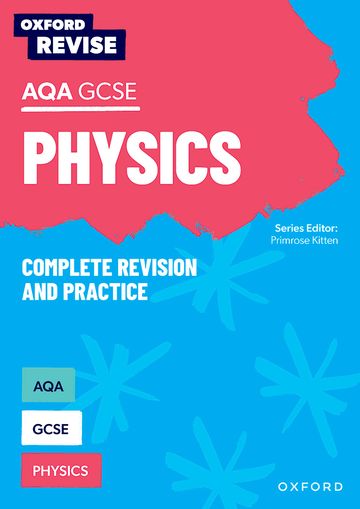Your GCSE Science Exam Explained with Primrose Kitten
Exam preparation can be challenging with multiple subjects to revise for. Primrose Kitten our expert author for Oxford Revise explains about what you can expect from your GCSE Science Exam.
Video Transcript
Your GCSE science exams are coming up soon and there are six of them, which is quite a lot.
So what I’m going to do in this video is break down what’s going to be the structure of the exam so you can understand it a little bit better.
Now in these six exams you are going to have two biology, two chemistry and two physics exams. It is going to be biology one, chemistry one, physics one and then biology two, chemistry two and physics two in that order.
Now in biology paper one, especially in biology, everyone revises this the most and then everyone comes out of the exam going ‘Oh, what was that?’ Because things happen in context in an exam. So the examiners expect you to take the knowledge that you know and apply it to a new context. And everyone finds this a little bit disconcerting at the beginning. But if we go into the exam expecting the unexpected, then it shouldn’t be such a shock for you. Now when they come to physics exams, a massive massive chunk of the mark is on the ‘mathsy’ question, so the maths in physics and I know loads of people find this really, really scary. But it’s not.
What you need to do is to highlight the numbers in the question, pull the numbers out and make yourself a little key of what is going on. Find an equation and write down the equation in full, write down all the words. This is what the examiners are telling us they want you to do and then pop the numbers in. So substitute first and then rearrange afterwards. Write down the answer and don’t forget the units, you can get so many marks in these type of questions without actually doing any maths at all. So these are a great way to get loads and loads of marks.
If you have multiple choice question a tick box question, and it says tick one box, please tick one box. If you tick two boxes, you’re not showing the examiner, you know what you’re talking about. So you will get no marks.
However, if it says take one box and you take no boxes, then you are throwing away an easy mark. So please always if you see tick one box tick one box.
The beginning part of each question is going to be the easiest. So if you get to part E of the question and it’s really, really hard. Remember when you start the next question, you’re starting afresh.
I’m going to be here with you. Oxford University Press is going to be here with you. Every single step of the way.
Useful links
Revision books

AQA GCSE Biology
Get complete coverage of AQA GCSE Biology in one book. You will revise everything you need to know to do well in your exams, from cell biology to evolution.

AQA GCSE Chemistry
Revise and practice for your AQA GCSE Chemistry exams. This revision guide will build your confidence and understanding of all the reactions, calculations and more that you need to know to do well.

AQA GCSE Physics
Prepare for AQA GCSE Physics with confidence. This revision guide covers everything you need to know to do well in your exams, including waves, magnets, space and more.